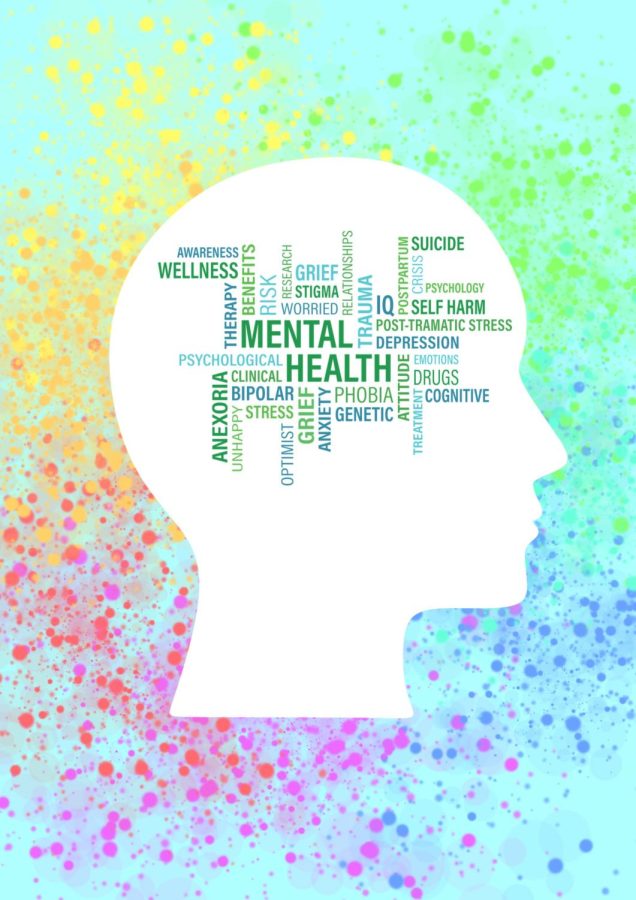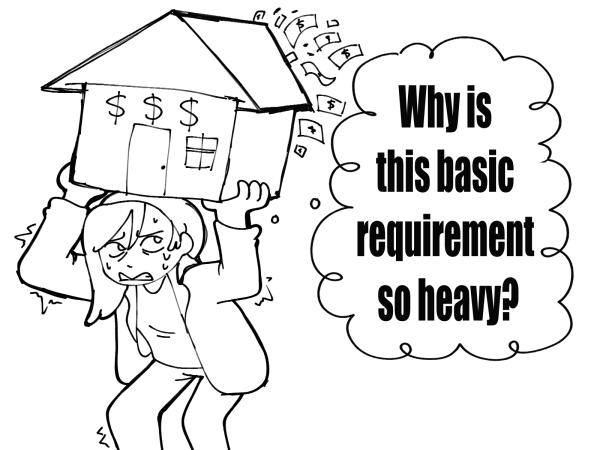Mental Health Stigmas
Mental health is a serious issue that not everyone will take seriously. There are a lot of negative stigmas that surround the idea of seeking mental help that can impact those struggling with mental illnesses.
The stigma, or negative beliefs towards a person due to their behaviors or physical appearance, on mental health not only affects those with an illness, mentally, but can cause chronic stress and affect them both emotionally and physically.
On top of that, there are also different types of stigmas. According to the American Psychiatric Association, the three different stigmas for seeking help are public, self, and institutional.
Public stigmas are the negative or discriminatory attitudes that others have about mental illness. Self stigmas are the individual who suffers from an illness having negative attitudes towards their sickness.
Institutional stigmas include government policies and private organizations that will purposely limit a chance for them to seek the help they need.
Individuals suffering from an illness may never want to seek help because of the stigmas that surround seeking help and the possible discrimination and prejudice they may face for having an illness. This isn’t right because mental illness can be completely out of someone’s control.
This is why other individuals in a community need to educate themselves and try to understand the struggles that those with mental health disorders have to overcome.
The stigma around seeking help for mental illness will prevent individuals from getting the help they need and potentially lead them into a deeper hole.
Also according to the American Psychiatric Association, harmful effects of this include reduced hope, lower self-esteem, increased psychiatric symptoms, and difficulties with social relationships.
Instead of bringing individuals down for something that they simply cannot control, the public, institutional, and self-stigmas can be fought.
According to the National Alliance on Mental Illness, there are many ways in which people can fight against this issue including discussing the issue openly, educating yourself and others, being conscious of language, encouraging equality between physical and mental illness and more.
According to Timely MD, 47% of college students say that they could have more support from their institute for psychiatric disorders. So, another way to prevent these stigmas are improving the amount of psychiatric care that colleges or even middle and high schools provide.
Being someone who has struggled with depression and anxiety for a while now, I have had a support system that help me get through these hard times, and although I have not faced these stigmas, I know that if someone were to judge me because of my depression, I would bring myself down more and believe them.
Having depression or any other illness means that someone is in their most vulnerable state. Bringing them down doesn’t help them at all and further buries them into their depression or other mental disorder they are dealing with.
For individuals struggling, finding or creating a support system as well as realizing and accepting your illness are a few steps that can be taken to improve your journey of seeking help. Ignoring others may be hard, but chances are they are only stating things they’ve heard and are not educated on.

Alexis Martinelli is a 20-year-old journalist born in Clovis, California. Her loved ones and friends call her Lex, a simple and short nickname! Lex loves...






